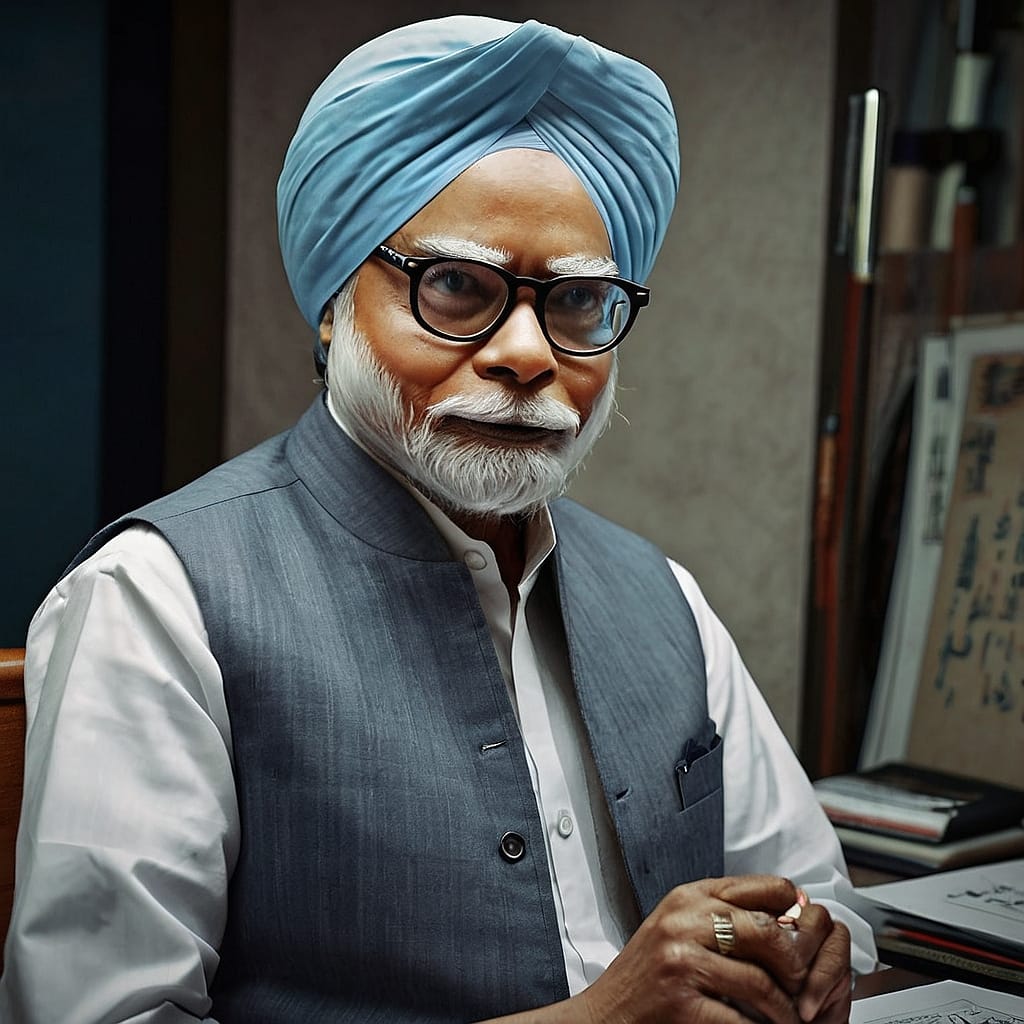Dr. Manmohan Singh: A Legacy of Economic Reform and Leadership
Introduction
Dr. Manmohan Singh, India’s 14th Prime Minister, is a towering figure in the country’s economic history. His tenure from 2004 to 2014 was marked by significant developments in the Indian economy, shaped by his earlier contributions as the architect of liberalization in the early 1990s. This article explores the multifaceted legacy of Dr. Singh, from his early life to his pivotal role in transforming India into a global economic player.
Early Life and Education
Born on September 26, 1932, in Gah, Punjab (now in Pakistan), Dr. Singh’s journey began in humble surroundings. He pursued his education in economics at Punjab University, followed by further studies at the University of Cambridge and the MIT. His academic excellence laid a solid foundation for his future roles in government and economics.
The Architect of Economic Liberalization
Dr. Singh’s most transformative work began when he served as India’s Finance Minister in the early 1990s. Faced with a dire economic crisis, he spearheaded the liberalization of the Indian economy, a bold move that transitioned the country from a closed economy to one that embraced globalization. His policies focused on reducing trade barriers, deregulating industries, and attracting foreign investment, which stimulated economic growth and increased India’s GDP substantially.
The impact of these reforms was profound. The Indian economy shifted from a growth rate averaging around 3% (the so-called “Hindu rate of growth”) to approximately 7% annually in the following decades, lifting millions out of poverty.
Tenure as Prime Minister
When Dr. Singh became Prime Minister in 2004, he faced new challenges, including rising inflation, rural poverty, and the need for more inclusive growth. His government focused on various social programs, including the National Rural Employment Guarantee Act (NREGA), the Right to Information Act, and initiatives aimed at expanding healthcare and education.
Under his leadership, India experienced continued economic growth and significant progress in infrastructure. Dr. Singh’s emphasis on diplomacy also bolstered India’s international standing. His government engaged in closer ties with the United States, culminating in the landmark Indo-U.S. nuclear deal that marked a pivotal moment in India’s strategic positioning.
A Scholar in Politics
What set Dr. Manmohan Singh apart was not just his economic acumen but his scholarly approach to governance. Known for his reserved demeanor, he often relied on reason and data to make informed decisions. This unique style sometimes led to misconceptions about his leadership capabilities, especially in the face of political challenges. However, his commitment to integrity and transparency remained unwavering throughout his tenure.
Challenges and Controversies
Despite significant achievements, Dr. Singh’s time in office was not without challenges. His administration faced criticism over issues like corruption and stalled reforms towards the end of his term. The 2G spectrum and Commonwealth Games scandals, among others, marred his government’s reputation, leading to questions about his ability to manage a coalition government effectively.
Legacy and Influence
Post-retirement, Dr. Singh has remained an influential voice in Indian politics and economics, often addressing crucial issues such as climate change, inclusive growth, and the path forward for India’s economic policy. His reflections and writings offer insights into the challenges faced by developing economies in a globalized world.
Conclusion
Dr. Manmohan Singh’s legacy is one of transformative economic reform and thoughtful governance. His policies not only reshaped India’s economic landscape but also established a framework for future generations of leaders. As India continues to evolve, the foundational changes instituted during his tenure will undoubtedly influence the country’s trajectory in the years to come. His life and work serve as a reminder of the profound impact that visionary leadership can have on a nation’s destiny.


